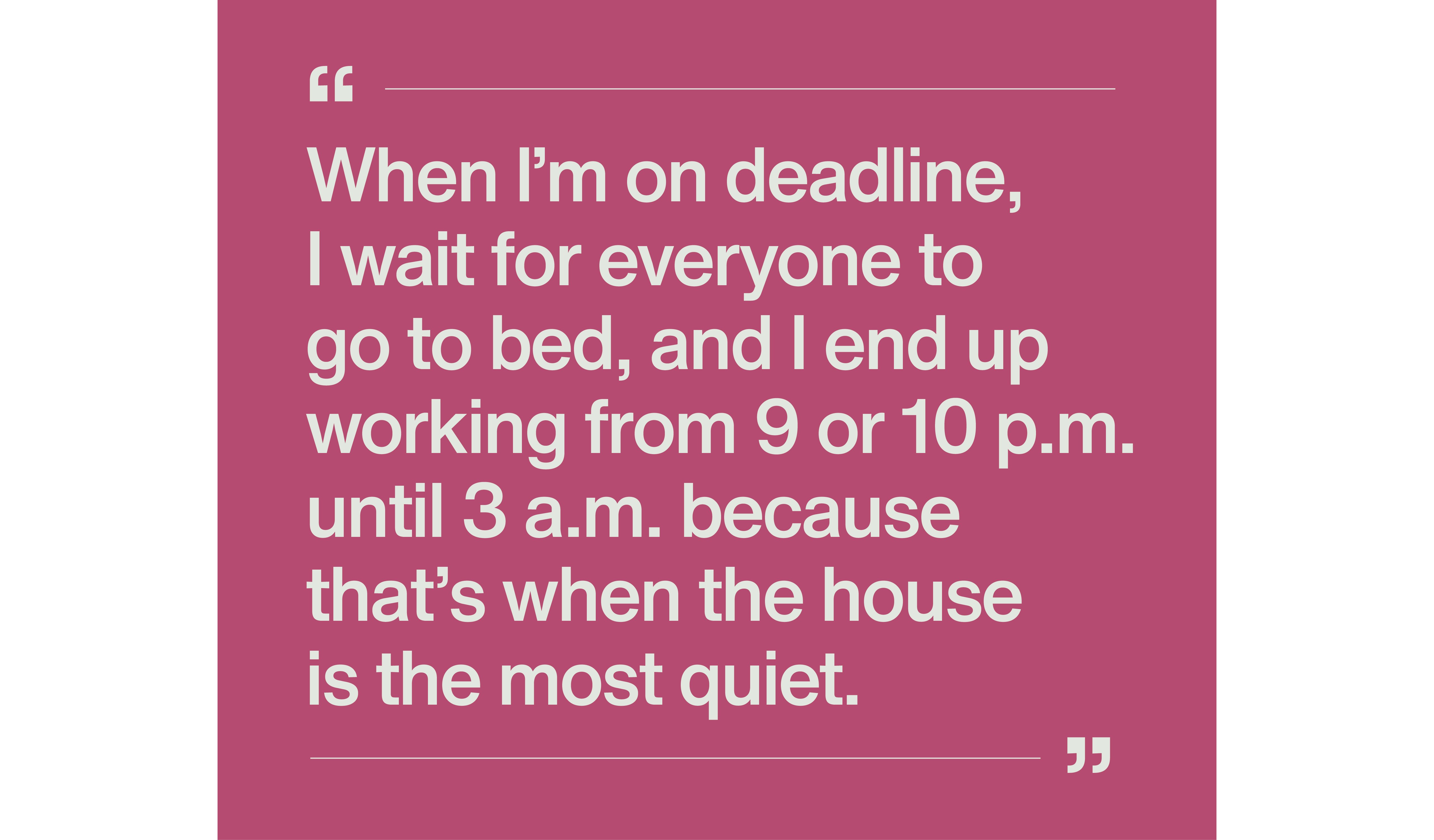


After I started my blog, I did a lot of storytelling and live readings in Chicago, so I’m always thinking about how this would sound if an audience had to listen and react to it. When I sit down, I’m like, “Let me puke all of this out and then shuffle it around.” I do a lot of staring at the screen and talking it out to myself. SI: A lot of my writing is a stream of consciousness. RP: What’s your process editing and organizing jokes, especially with essays that have a meme-inspired format? I was like, “I could write a story about going out that sort of telegraphs what I’m trying to say about being a person with arthritis at the club,” but it was so much more fun and propulsive to write it as a play-by-play: “At 8 o’clock I do this, at 9, this happens.” For instance, there’s a piece in the book about going out as a 40-year-old person. Not everything can be a story or a traditional essay. Maybe not anymore-they’re probably on their way out in terms of being current.

Samantha Irby: I saw those two joke formats and was like, “This could be a framework to make my point about never wanting to get banged.” Those are two that I happened to see and happened to be current. Rima Parikh: In “Lesbian Bed Death,” you structure the essay as a list using the meme format “Sex is fun, but…” A similar thing happens in “ Hello, 911?” Does Twitter have a role in helping you generate ideas? Our conversation has been edited for length and clarity. We talked about privacy, chronic illness, and how to actually enjoy social media. In an essay called “Hysterical!” she recounts her decision to get a hysterectomy, drenching us in the horror of experiencing her period soak through hotel bedsheets, explaining her choice to “take a blowtorch to the entire apparatus,” and making sense of the post-surgery haze. Her body’s various betrayals are something that she regularly documents in her work, often in grotesque and painstaking detail. She places these considerations side-by-side with memories of her 20s, when she could wreak havoc on her body without paying for it immediately. In “Girls Gone Mild,” an essay about being too old to party, she takes us on a timestamped play-by-play leading up to a night of clubbing as an almost-40-year-old, describing the physical and mental exhaustion of going out: deliberating an appropriate way to cancel plans, figuring out if pajamas can look like going-out clothes. As in her previous collections, she plays with the formal structure of the essay: Fluent in the language of the Internet, she tells her stories through memes, lists, and run-on sentences. In her most recent collection, Wow, No Thank You, Irby navigates a new set of life changes like settling into married life with a partner with kids and making new friends as an adult.


 0 kommentar(er)
0 kommentar(er)
